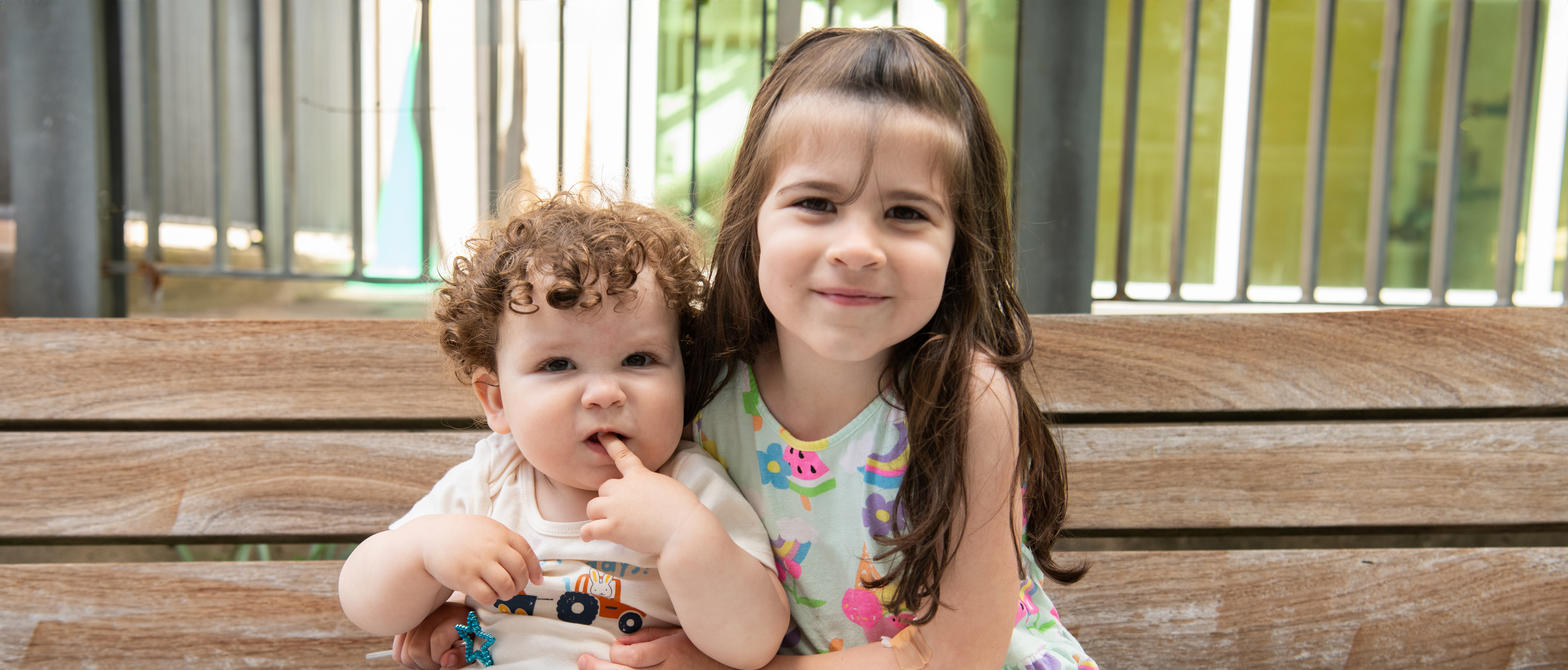During Your Visit

Information you may need during your visit or stay at BC Children's Hospital.
Hospital safety
Safe environments
Infection Prevention and Control
At BC Children’s Hospital, the Infection Prevention and Control (IPAC) team supports a safe environment for staff, patients and visitors by reducing the risk of infections spreading or transmitting in our hospital community.
